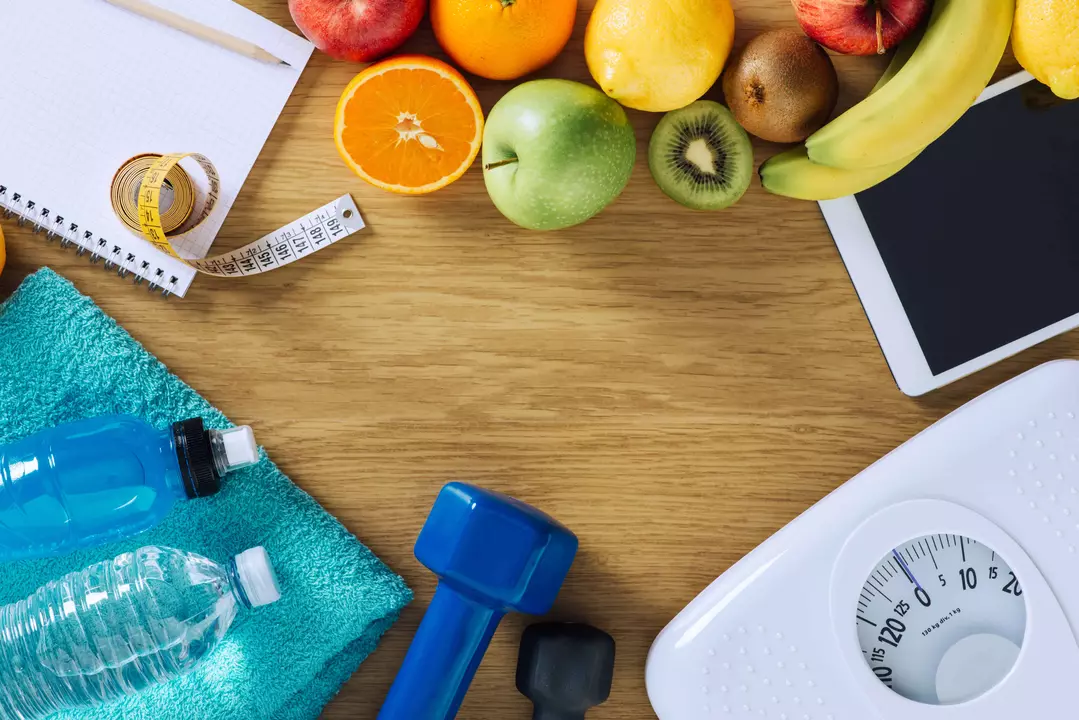Motorsports Health Tips: Simple Steps to Stay Race Ready
If you love speed, your body needs the same care as your car. Good health means sharper reflexes, longer focus, and fewer crashes. Below are practical habits you can start today without expensive gear or a gym membership.
Fitness Basics for Drivers
Core strength is the foundation for handling G‑forces. A quick 10‑minute routine—planks, side‑planks, and body‑weight squats—keeps the torso stable. Do it before a practice run or after a long day at the track. Cardio also matters; a brisk 20‑minute bike ride improves stamina and lowers fatigue during long stints.
Flexibility prevents stiffness in tight corners. Stretch your hamstrings, calves, and shoulders after each session. Even a simple neck roll can reduce tension from wearing a helmet for hours.
Nutrition and Hydration on the Grid
What you eat fuels both the engine and the brain. Aim for a balanced plate: lean protein, complex carbs, and healthy fats. A chicken‑salad wrap with whole‑grain bread gives steady energy without a sugar crash.
Hydration is often overlooked. Dehydration dulls reaction time and can cause headaches. Keep a water bottle in the pit and sip regularly, especially in hot weather. If you need extra electrolytes, a small sports drink works better than soda.
Snacks matter too. A banana or handful of nuts between sessions provides quick carbs and potassium, helping muscles recover faster.
Mental stamina is as vital as physical strength. Racing demands focus for minutes at a time, then switches to strategic planning during breaks. Practice short mindfulness drills—close your eyes, breathe deep for 30 seconds, then open and picture the next lap. This resets your mind and reduces stress.
Sleep shouldn’t be sacrificed for extra track time. Six to eight hours of rest clears mental fog and repairs muscles. If you travel across time zones, try a consistent bedtime routine to adjust faster.
Injury prevention starts with the right gear. A well‑fitted helmet, snug racing suit, and proper shoes protect you from common bumps. Check straps and fittings daily; a loose strap can become a safety hazard in seconds.
When you feel any pain—especially in the back, neck, or knees—address it early. Ice, gentle massage, and a brief rest often stop a small issue from becoming a big one. If pain persists, see a sports therapist who understands racing demands.
Finally, stay connected with the community. Sharing tips, asking questions, and learning from experienced drivers keeps you motivated. The motorsports hub is full of people who care about health as much as speed.
With these easy habits, you’ll feel sharper on the track, recover quicker, and enjoy racing longer. Keep your body in top shape, and the races will follow.
